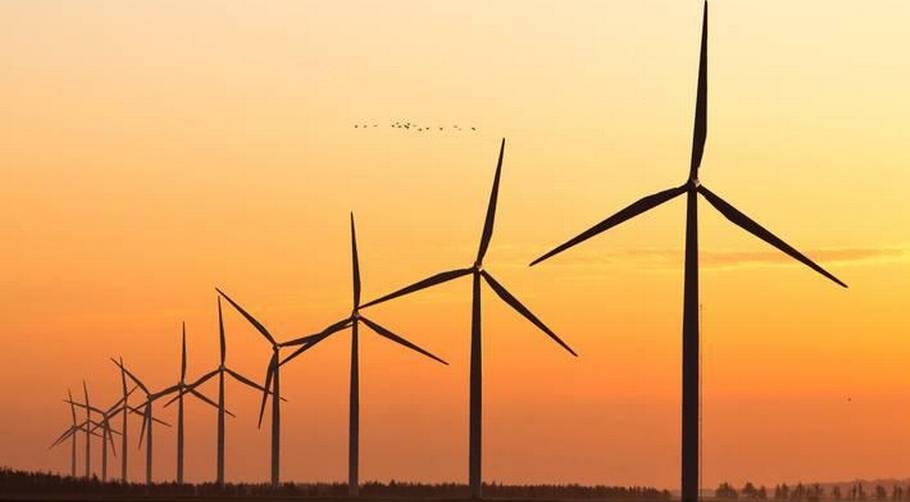- Jebel Ali, Dubai , United Arab Emirates
- +971 50 4497730
- info@WGITrade.com

Environmental Commodities
In the last 30 years, man has become more health conscious. Communities around the world strive for healthy living and less pollution. As a result of this, a number of initiatives have been undertaken by governments and businesses with the aim of cutting pollution. Some of these programs especially those led by United Nation and European Union, such as efforts to reduce carbon emissions, have been implemented in such a way to allow the trading of commodities connected to them. In a short time, these newly traded environmental commodities have grown to become a popular and lucrative option for commodity brokers and businesses. As concern for the environment continues to grow, these opportunities can only increase.
Environmental Commodities include the following:
Carbon Emissions

Carbon Emissions There are two approaches to carbon emissions trading:
• Capand Trade
Works by a ceiling being put on carbon emissions allowable in participating jurisdictions by participating companies. This results in a finite amount of possible carbon emissions, the rights to which can be traded. Companies can profit by obtaining the right to emit then not doing so, selling the emissions certificate on the commodity market. Likewise, companies involved in highly polluting industries can purchase certificates to allow them to legally pollute to a greater extent than they would otherwise be able to.
• Carbon Offsets
Allows the inclusion of companies that are not under an emissions cap. If a company pollutes at a level under this ceiling, it is eligible to create credits which can be traded as a commodity. .
Renewable Energy Certificates

RECs, also known as renewable energy credits or green tags, are a new commodity based on the production of green energy. These certificates are given to companies as proof that electricity in units of one MWh (megawatt hour) or more have been produced by renewable means. Since these certificates can be traded, this means that companies that have not produced renewable energy can claim to have done so by purchasing renewable energy credits.
White Certificates

White certificates, also known as energy savings certificates or energy efficiency credits, work in a similar manner to renewable energy certificates but dealing with gains in energy efficiency rather than the production of renewable energy.
Copyright © 2018 - Develop by WGITrade

